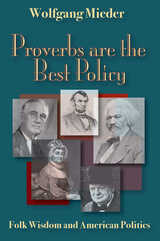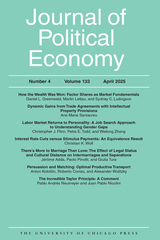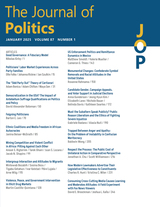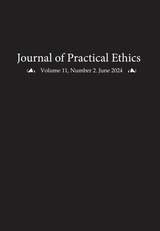
p.B. J. Whiting savors proverbial expressions and has devoted much of his lifetime to studying and collecting them; no one knows more about British and American proverbs than he. The present volume, based upon writings in British North America from the earliest settlements to approximately 1820, complements his and Archer Taylor's Dictionary of American Proverbs and Proverbial Phrases, 1820-1880. It differs from that work and from other standard collections, however, in that its sources are primarily not "literary" but instead workaday writings - letters, diaries, histories, travel books, political pamphlets, and the like. The authors represent a wide cross-section of the populace, from scholars and statesmen to farmers, shopkeepers, sailors, and hunters.
Mr. Whiting has combed all the obvious sources and hundreds of out-of-the-way publications of local journals and historical societies. This body of material, "because it covers territory that has not been extracted and compiled in a scholarly way before, can justly be said to be the most valuable of all those that Whiting has brought together," according to Albert B. Friedman. "What makes the work important is Whiting's authority: a proverb or proverbial phrase is what BJW thinks is a proverb or proverbial phrase. There is no objective operative definition of any value, no divining rod; his tact, 'feel,' experience, determine what's the real thing and what is spurious."

READERS
Browse our collection.
PUBLISHERS
See BiblioVault's publisher services.
STUDENT SERVICES
Files for college accessibility offices.
UChicago Accessibility Resources
home | accessibility | search | about | contact us
BiblioVault ® 2001 - 2025
The University of Chicago Press









